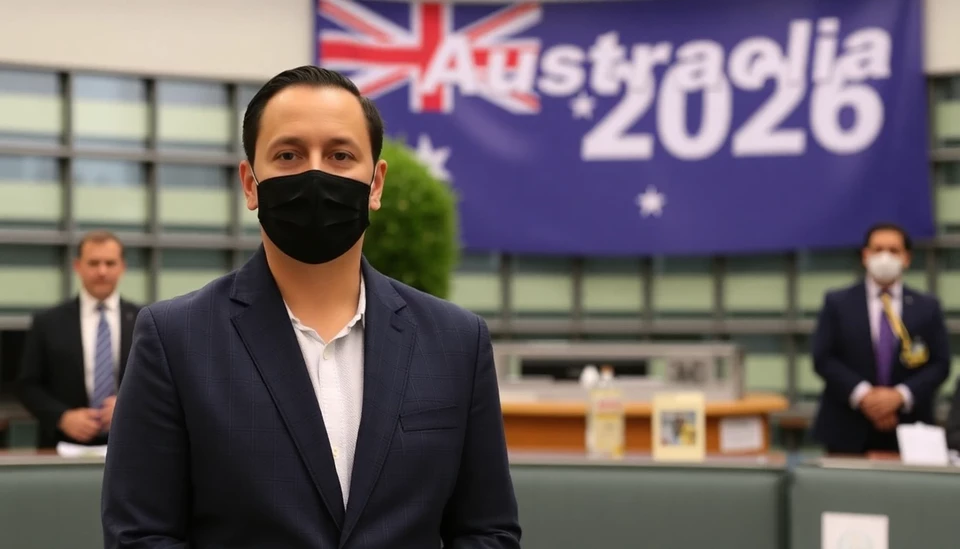
In a detailed analysis recently surfaced from the International Monetary Fund, Australia is urged to contemplate a more stringent fiscal approach in the case of a prolonged deceleration in disinflation efforts. The warning from the IMF comes at a time when the country is considering its economic blueprint amidst an erratic global economic scenario.
The comprehensive report from the IMF underlined the persistence of inflation levels, provided Australia's existing fiscal policy does not suitably favor disinflation. Showing concerns about the underlying economic conditions, the IMF said that Australia would face growing challenges in stabilizing its economic landscape unless current fiscal measures were recalibrated with due diligence.
Australia might reconsider the fiscal policy mix, given that it is working hard to balance stimulation for growth against inflation control. According to the IMF, a firmer fiscal stance may turn out to be key in seeing off the impending economic headwinds. A key adjustment toward more restrictive fiscal measures may, indeed, change dimensions in public spending and investment decisions.
The advice from the IMF has come at a time when economies across the world are still reeling with the after-effects of the pandemic and their trajectories of uneven recovery. At this juncture, inflation management still remains an important central issue, with countries like Australia forging rapidly ahead in restarting efforts at reconstructing normalcy in their economic endeavors.
In the current policy setting, the Australian government has focused essentially on sustainable growth while reining in the risks of inflation. Still, the persistence of these risks-as indicated by the IMF-requires preparation in the form of more flexible and probably heightened fiscal disciplines.
Further analysis by the IMF also indicates that, in the absence of appropriate policy changes, Australia runs a significant risk of severe inflation volatility that could affect overall economic stability. The need for a stronger fiscal arsenal can, therefore, be part of securing economic stability against potential future shocks.
With these recommendations by the IMF, Australia's fiscal policymakers face the challenge of balancing their strategic directives. The fact that monetary policies need coordination for economic recovery while reining in inflationary pressures remains a balancing act underlined by recent findings of the IMF.
In an ever-undefined globe of economics, the Australian commitment to the call of the IMF for fiscal vigilance can be that linchpin which will sustain its march forward. Little doubt exists that the momentum of the Australian government in its stride through this economic labyrinth reflects the success of fiscal and monetary policies in guiding the national economy onto a steady growth-oriented path.
The leadership of the country has an onerous task of recalibrating economic policies to harness not just the existing opportunities for growth but also to pre-emptively cushion against possible disturbances in the macroeconomic framework. And as the unfolding fiscal equations are deciphered in boardrooms and parliamentary assemblies, keen eyes stay glued to how the fiscal navigational strategies may unfold from here on for Australia.
#Australia #IMF #FiscalPolicy #MonetaryPolicy #Disinflation #EconomicGrowth #Inflation #EconomicStability #GlobalEconomy #EconomicRecovery
Author: Rachel Greene




